
Exploring the Future of Eco-Friendly Delivery Bags and Their Impact on Sustainability
In recent years, the surge in environmental awareness has propelled the demand for sustainable packaging solutions, specifically in the realm of e-commerce and food delivery services. According to a report by MarketsandMarkets, the global biodegradable delivery bags market is projected to reach $1.4 billion by 2025, highlighting a significant shift towards eco-friendly alternatives. The increasing scrutiny on plastic waste and its detrimental effects on the environment has compelled businesses to rethink their packaging methods. Delivery bags, once dominated by single-use plastics, are now being designed with renewable materials that reduce carbon footprints and promote circular economy principles. Furthermore, a survey conducted by McKinsey reveals that 67% of consumers are willing to pay more for sustainable packaging, indicating a transformative opportunity for businesses to align profitability with environmental stewardship. As we explore the future of delivery bags, understanding their role in sustainability will be crucial for both industry leaders and consumers alike.
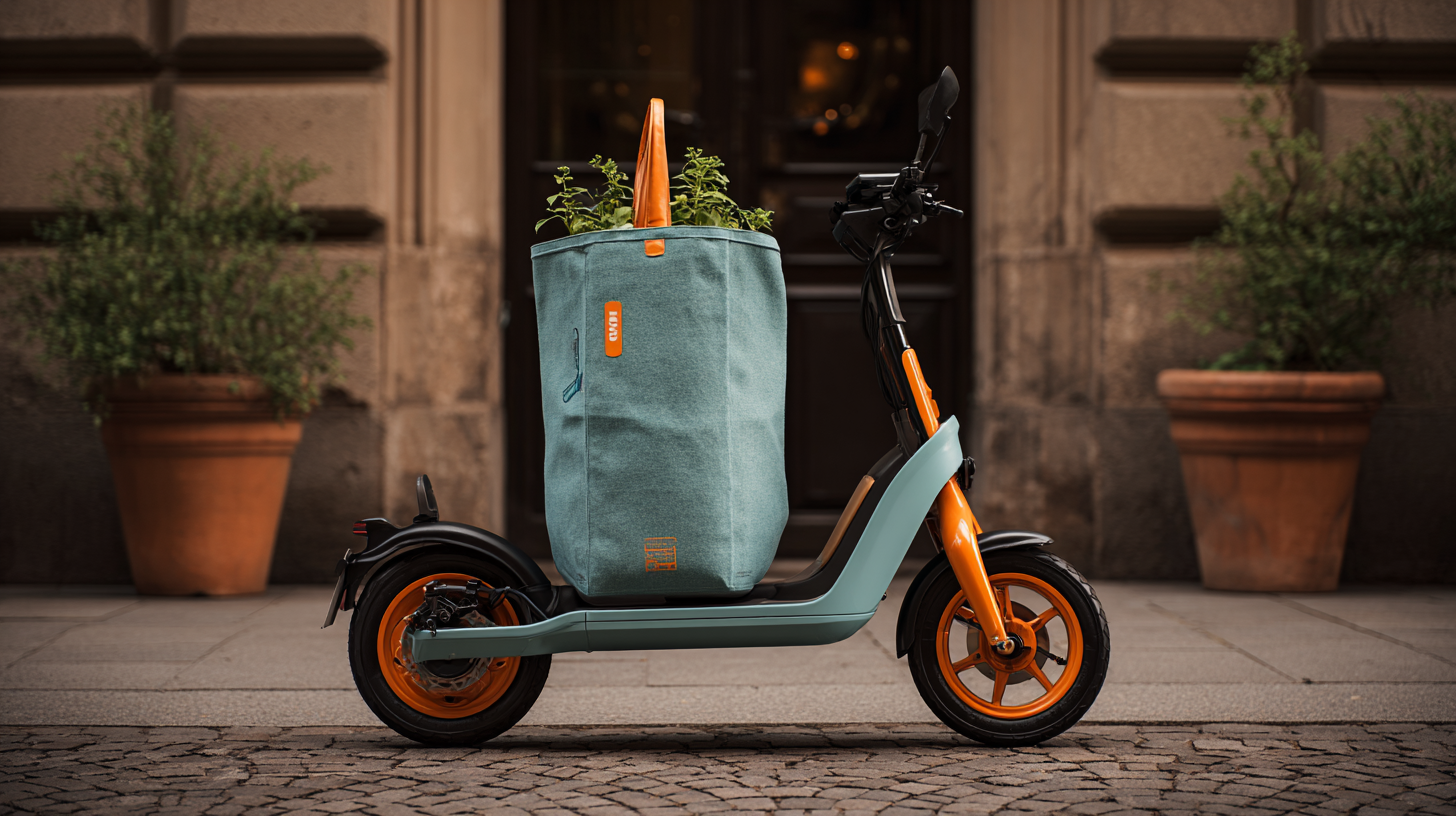
The Rise of Eco-Friendly Delivery Bags: Analyzing Market Trends and Consumer Preferences
The rise of eco-friendly delivery bags is becoming a key trend in consumer preferences, reflecting a growing global emphasis on sustainability. As markets for sustainable packaging expand, propelled by environmental regulations and increased consumer consciousness, brands are increasingly turning to materials that not only meet practical delivery needs but also align with eco-friendly values. This shift is illustrated by the projected growth of the global eco-friendly food packaging market, which is expected to surge from approximately USD 227.96 billion in 2024 to USD 353.78 billion by 2030.
**Tips:** When selecting eco-friendly delivery bags, consider their materials and lifecycle. Options made from biodegradable or recycled content can significantly reduce the environmental impact compared to traditional plastics. Additionally, opt for reusable bags that can serve multiple purposes to further promote sustainability.
As more consumers demonstrate a preference for eco-friendly options, businesses are following suit by integrating sustainable practices into their operations. This trend is evident across various sectors, including the rapidly expanding paper packaging market in South Korea, which has shown robust growth due to rising demand for sustainable solutions. As customers increasingly seek out brands that prioritize eco-friendliness, companies must adapt their packaging strategies to meet these changing consumer expectations.
**Tips:** Conducting market research to understand your target audience's values can provide insights into which eco-friendly packaging options would resonate best. Moreover, transparency about sourcing and sustainability efforts can enhance brand trust and loyalty among environmentally conscious consumers.
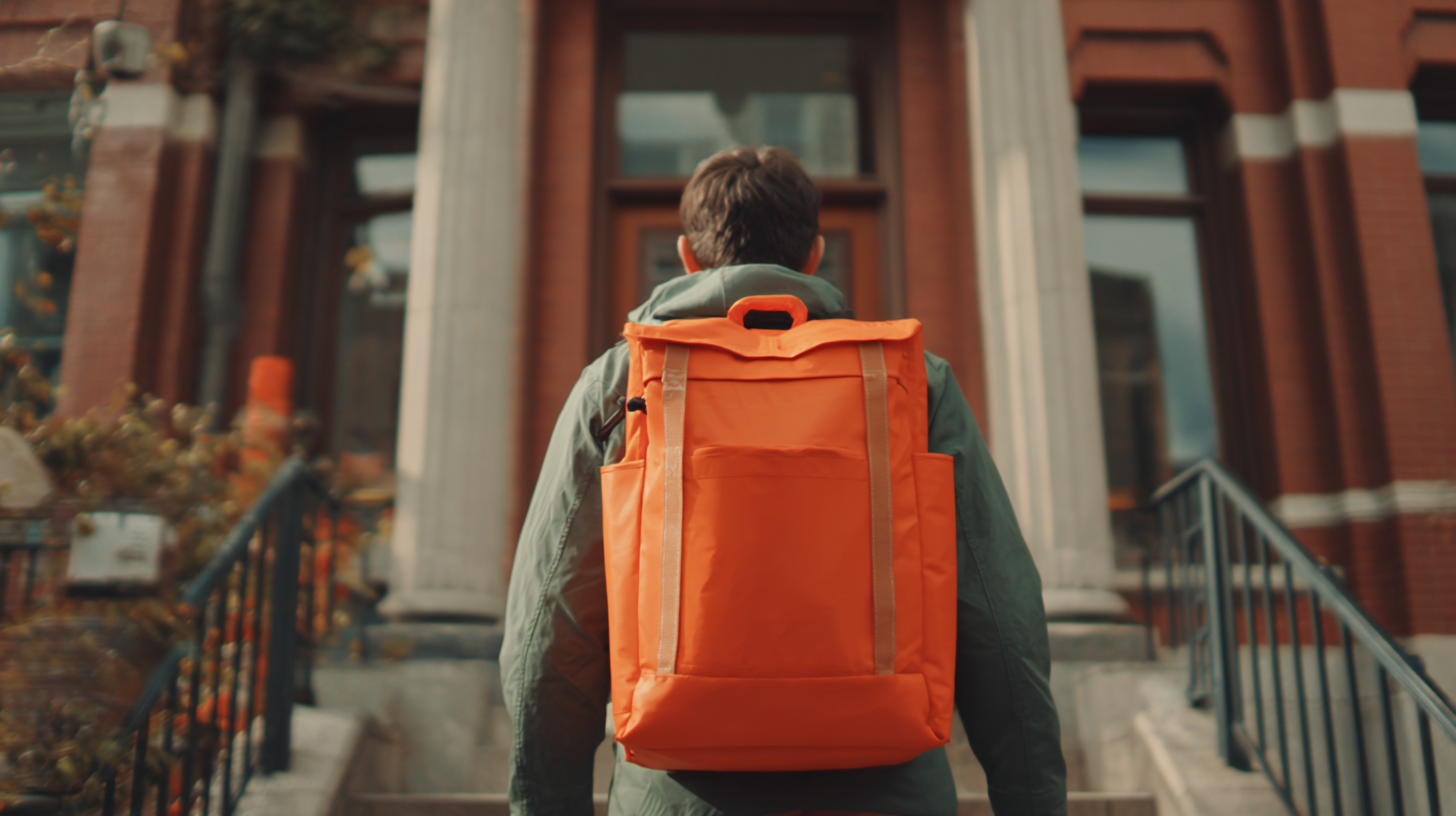
Understanding the Environmental Impact of Conventional vs. Eco-Friendly Delivery Bags
The growing concern over environmental degradation has led to an increasing scrutiny of delivery bags, which play a significant role in the packaging industry. Conventional delivery bags, often made from plastic, contribute substantially to pollution and waste. These materials take hundreds of years to decompose, leading to environmental hazards such as wildlife ingestion and habitat destruction. Additionally, the production process of plastic bags consumes valuable natural resources and emits harmful greenhouse gases, exacerbating climate change.
In contrast, eco-friendly delivery bags, crafted from biodegradable or recycled materials, present a sustainable alternative. They are designed to decompose naturally and leave minimal environmental impact. By using plant-based materials or recycled products, these bags help reduce landfill contributions and lower carbon footprints.
Moreover, the shift towards eco-friendly options encourages companies to rethink their packaging strategies, foster innovation in materials science, and promote a circular economy. The transition from conventional to eco-friendly delivery bags not only benefits the environment but also aligns with the increasing consumer demand for sustainable practices, positioning businesses as conscientious members of their communities.
Key Materials Used in Sustainable Delivery Bags: Innovations and Industry Standards
The evolution of sustainable delivery bags is significantly shaped by the materials used in their production. Traditionally, plastic bags have dominated the delivery segment, but growing environmental concerns have prompted innovators to explore alternative materials. Biodegradable plastics, made from plant-based sources like cornstarch or sugarcane, have emerged as a viable solution. These materials can decompose naturally under appropriate conditions, reducing landfill waste and minimizing environmental footprints.

In addition to biodegradable options, advancements in recycled materials are influencing industry standards for eco-friendly delivery bags. Brands are increasingly utilizing post-consumer recycled plastics, which not only divert waste from landfills but also lower the carbon emissions associated with producing new plastic. Furthermore, innovations in compostable materials and reusable bag designs are gaining traction, promoting a circular economy where bags can serve multiple purposes before being disposed of. As these materials gain popularity, they encourage the entire industry to adopt greener practices, paving the way for a more sustainable future.
Case Studies: Successful Implementation of Eco-Friendly Delivery Solutions in Retail
As retail adapts to the increasing demand for sustainable practices, several companies have successfully implemented eco-friendly delivery solutions that demonstrate both environmental and economic benefits. For instance, a recent report by Grand View Research indicates that the global eco-friendly packaging market is expected to reach $500 billion by 2027, underscoring the growing consumer preference for sustainable options. Companies like Uncommon Goods have adopted biodegradable delivery bags made from plant-based materials, which have contributed to a 20% reduction in their overall carbon footprint.
In another case, the grocery delivery service, Instacart, has made strides by introducing reusable bags and incentivizing customers to participate in recycling programs. According to an analysis by the Sustainable Packaging Coalition, the move towards eco-friendly delivery methods not only minimizes waste but also enhances brand loyalty among consumers who prioritize sustainability. Implementing such initiatives can lead to a significant positive impact on a company’s reputation while also aligning with the broader goals of reducing plastic waste in the environment.
Exploring the Future of Eco-Friendly Delivery Bags: Sustainability Impact
Future Predictions: The Role of Regulations and Consumer Awareness in Shaping Delivery Bag Sustainability
As we look toward a more sustainable future, the role of regulations and consumer awareness in shaping the eco-friendliness of delivery bags becomes increasingly critical. Governments worldwide are beginning to implement stricter regulations aimed at reducing plastic waste, which directly impacts the packaging industry. Companies that adapt to these regulations not only comply with legal standards but also align themselves with growing consumer expectations for sustainable practices. This synergy between regulation and consumer demand can catalyze innovation in materials used for delivery bags, nudging businesses to shift towards more sustainable options.
Tips for consumers looking to make sustainable choices include opting for retailers that use biodegradable or reusable delivery bags. When shopping online, check if the company offers eco-friendly packaging options. You can also reduce your own carbon footprint by consolidating purchases into fewer deliveries. Increased consumer awareness can drive manufacturers to prioritize sustainability in their packaging solutions. By making informed choices, consumers can significantly influence market trends and encourage businesses to adopt greener practices.
Related Posts
-
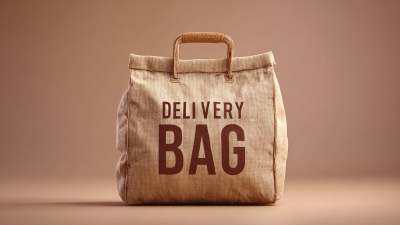
2025 Industry Trends: A Comprehensive Comparison of the Best Delivery Bags for Global Buyers
-

How to Efficiently Choose the Right Clothes Shipping Bag for Your Business
-
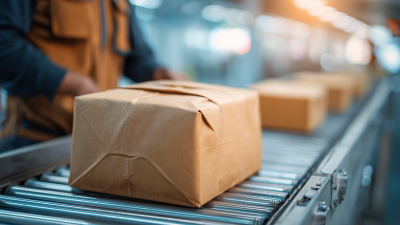
7 Top Reasons Why Best Shipping Bag Solutions Enhance Your Supply Chain
-
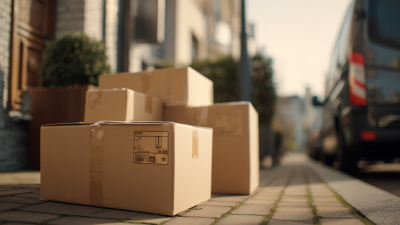
Understanding the Advantages of the Best Ploy Mailer for Your Shipping Needs
-

What is the Versatility of Silver Bags in Modern Packaging Solutions?
-

How to Choose the Right Shipping Envelopes for Your Business Needs



